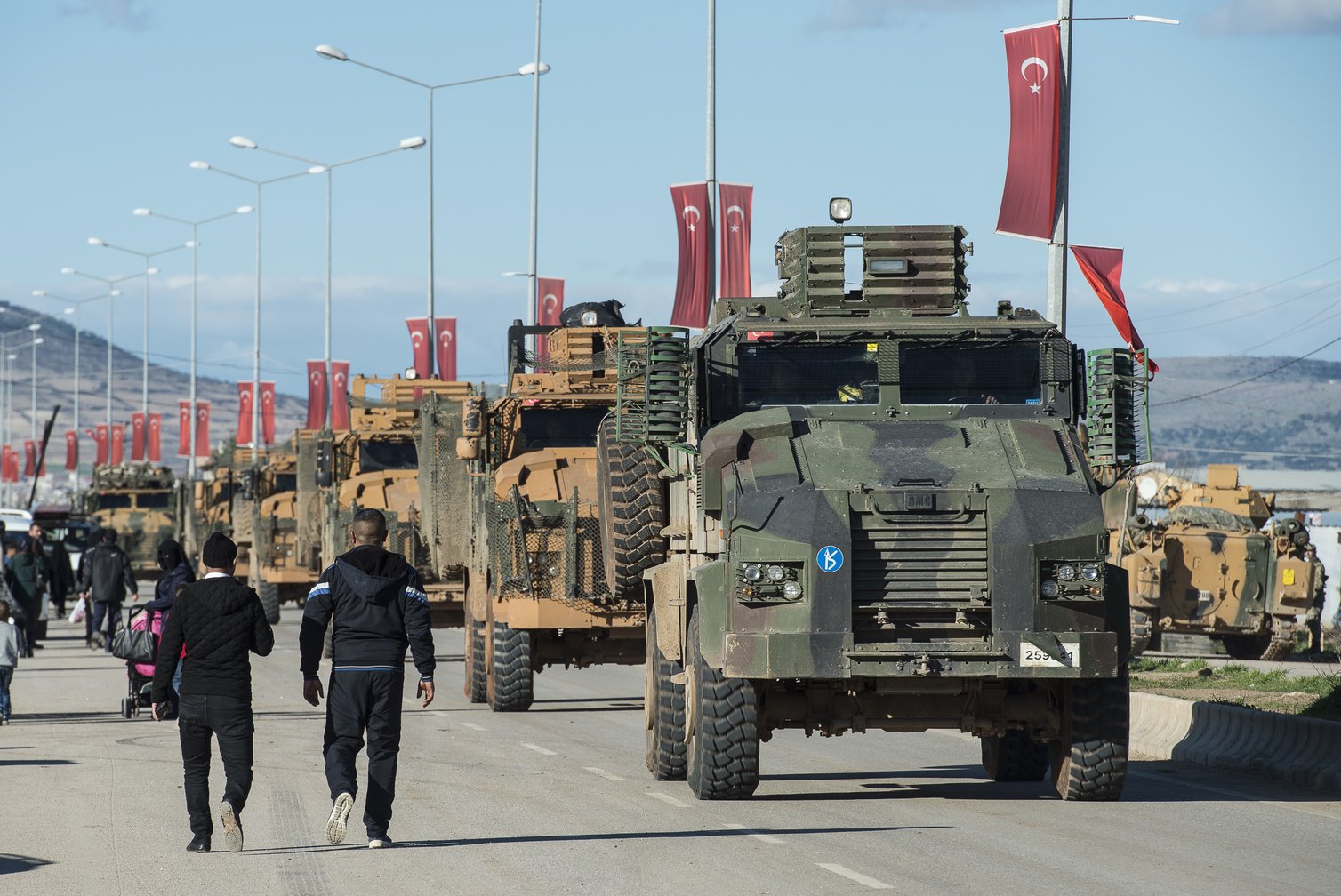Kurds are at risk of genocide by the regional powers of Iran, Iraq, Turkey, and Syria, all of which have sizable Kurdish minority populations. Currently the largest threat comes from Turkey. On January 20, 2018 Turkish President Recep Tayyip Erdoğan launched cross-border military operations into northwestern Syria with the code name “Operation Olive Branch,” The mission aimed to oust Syrian Kurdish People’s Protection Units (or YPG) from the district of Afrin. Turkey considers the YPG to be an extension of the Kurdish Workers’ Party (PKK), which has been waging an insurgency within Turkey on and off since 1984 in the name of greater rights and regional autonomy. The YPG denies being an extension of the PKK and has been allied with the United States (among other countries) in the fight against the Islamic State/Da’esh since 2014.
Gregory Stanton, the chairman of Genocide Watch, sits down with Rudaw in April 2018 to discuss a warning issued by the Washington, D.C.-based organization regarding Kurds in all four parts.
The Democratic Alevi Associations (DAD), HDP, EMEP, the Amed Branch of the Alevi Bektashi Federation ‘Pir Sultan’, the Socialist Councils Federation (SMF), Federation of Dersim Associations (DEDEF), the Federation of European Dersim Democratic Union (ADEF) organized a tribute to Seyit Rıza in Dersim, Seyit Rıza Square. Seyit Rıza had been hanged at 19.38 of 4 May.
While the world is busy with COVID-19, Recep Tayyip Erdogan’s regime is actively engaged with its pan-Islamic and nationalistic ambitions in eliminating the most “disloyal” segments of the Kurdish population.
The Genocide and Persecution series offers readers a multitude of perspectives, allowing for a more nuanced understanding of these complex and horrific periods in world history; each volume is an anthology of previously published materials on acts of geno; Title explores genocide and persecution of the Kurds, including the historical/cultural background of Kurdish persecution in Turkey and Iraqevents from the rise of the communist People’s Republic of China in 1949 to the present; issues surrounding events ; The histories of nations across the globe are marked by dark periods of mass murder, brutal repression, and unrelenting persecution. Remembering and understanding such incidents is vitally important. The Genocide and Persecution series offers students and
Source: Publisher
In 2018 Turkish armed forces invaded and took control of the northern Syrian region of Afrin, which was largely populated by Kurds, Yazidis, Christians, and other minority groups. The Turks and their allied militias drove hundreds of thousands of people out of Afrin, many of whom sought refuge in northeastern Syria, governed by the Autonomous Administration of North and East Syria (AANE). At the end of 2019, Turkey also invaded northeastern Syria after President Trump ordered most US forces out of Syria.


